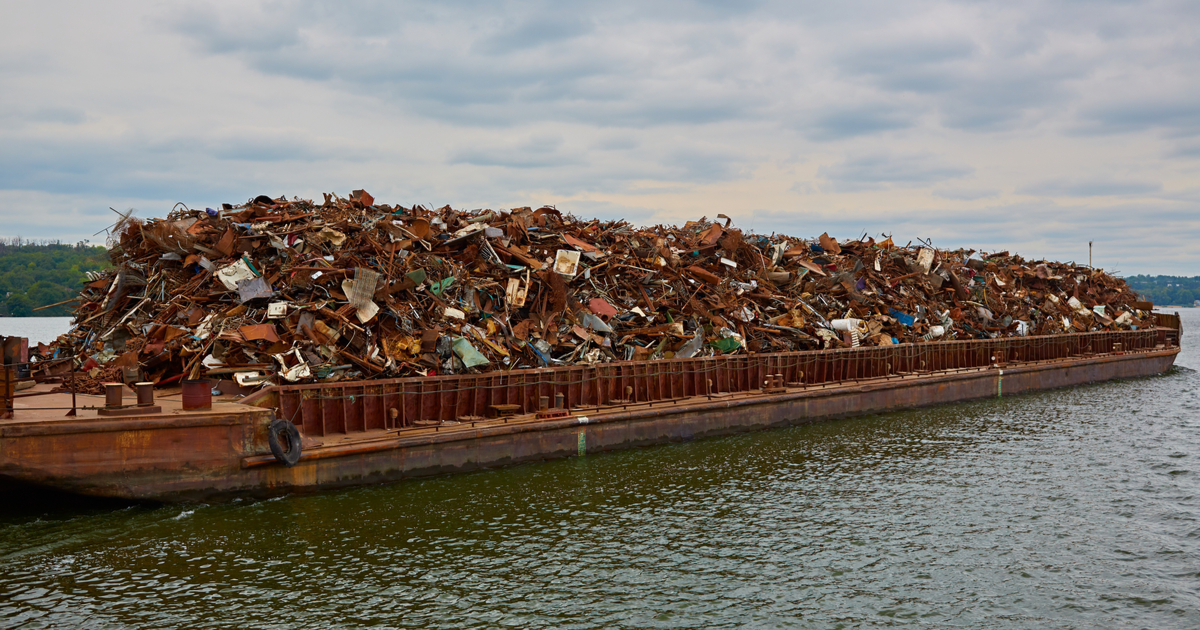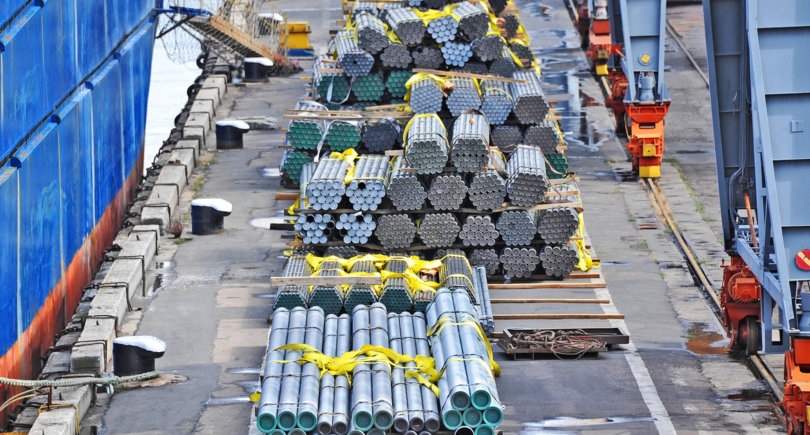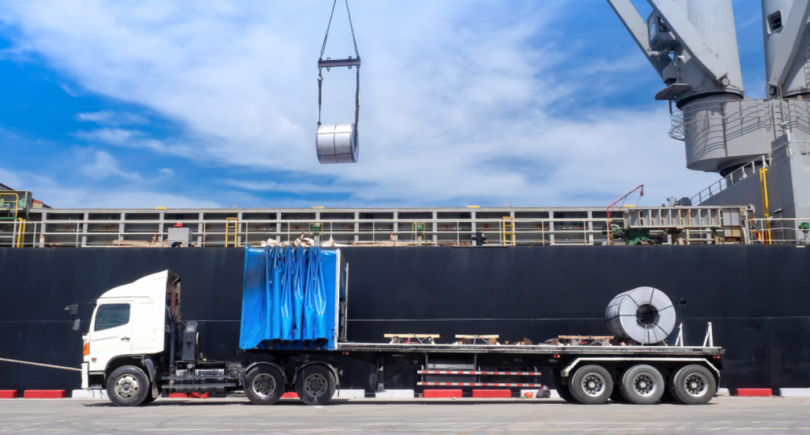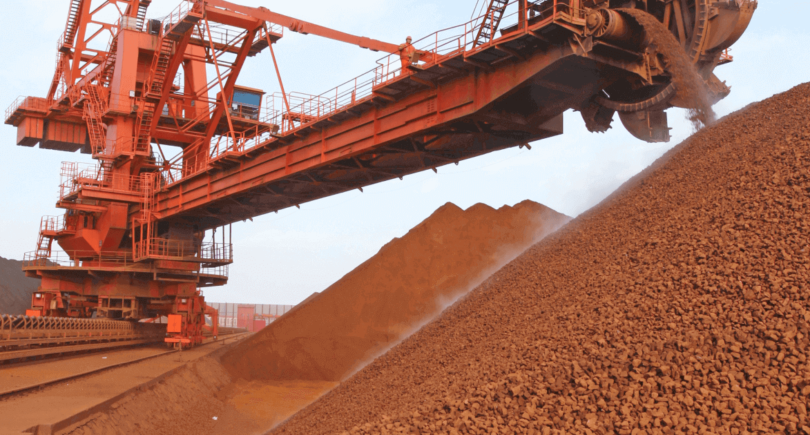
News Global Market Great Britain 1525 15 January 2024
Industry associations call for consideration in the matter of export of raw materials and possible restrictions
The green transition of the British steel industry will increase the demand for scrap in the country, Financial Times reports.
In a recent report, Gareth Stace, chairman of the industry organization UK Steel, noted that scrap is the basis for a rapid transition to net zero. The challenge for the steel industry will be to secure enough of this raw material for more electric arc furnaces.
According to UK Steel, the UK annually produces 10-11 million tons of steel scrap, of which less than 3 million tons are processed, the rest is exported due to insufficient demand from local steelmakers. At the same time, the organization predicts that consumption of this raw material in the steel sector could increase to 7 million tons per year by 2050 as a result of British Steel and Tata Steel UK’s transition to electric arc furnaces.
Two other major steel producers in the UK, Celsa UK and Liberty Steel, already operate electric arc furnaces. Celsa also has its own waste management business that provides raw materials for its steel production, although the company additionally purchases scrap from external suppliers.
UK Steel wants the government to ensure that the industry has sufficient scrap supplies in preparation for the «surge in demand» it predicts is expected in the UK and globally. The organization is also concerned that exporting this raw material to countries with lower environmental standards could contribute to increased carbon emissions.
Meanwhile, UK Steel acknowledges that the British steel industry will not use all the scrap produced domestically, even after the electric arc furnaces are operational, but the right balance needs to be struck.
Scrap recyclers are cautious about possible restrictions, warning that they could undermine the price of raw materials. According to James Kelly, chief executive of the British Metal Recycling Association, this could lead to a sharp oversupply.
«A massive oversupply will collapse the price of steel scrap. . . and will have a potentially disruptive impact on the sector,” Kelly noted.
Chris Sheppard, chief executive of the UK-based metal recycler European Metal Recycling (EMR), notes that there are broader issues that policy makers need to address, including the introduction of incentives to boost demand for low-carbon steel. It is also important to have renewable energy infrastructure in place.
«One of the biggest barriers to UK steelmaking is the cost of electricity compared to the rest of the world,» he says.
Industry experts believe that the growing demand for scrap provides an opportunity for the industry to improve its quality, in particular by applying better processing and recycling methods. Closer cooperation between steel producers and recyclers is also needed. EMR is already working on a research project with Tata Steel, looking at how to put new grades of high-quality recycled materials into the blast furnace.
Wood Mackenzie estimates that global demand for scrap will reach 620-630 million tons in 2022, and by 2050 it will increase almost 1.6 times to more than 1 million tons as the decarbonization of steel production gains momentum.
As GMK Center reported earlier, the global scrap market will continue to be affected by decarbonization, energy costs and rising interest rates in 2024, according to the Italian Assofermet.




